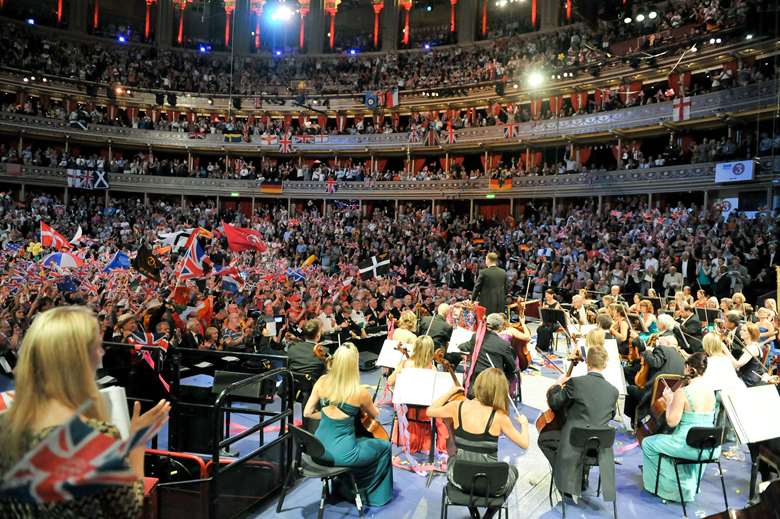Changing song lyrics is not a free speech issue
Lucy Thraves
Friday, November 20, 2020
The population seems divided once more between those who think changing lyrics is pandering to snowflake sensibilities and an affront on personal freedom, versus those who prioritise supporting progressive social change over the convenience of carefree habit and a vague sense of lyrical sanctity

Credit: Chris Christodoulou
The debate around offensive song lyrics is back in the news, following the BBC’s decision to alter The Pogues’ much-loved ‘Fairytale of New York’ for its radio audiences. On Twitter, ‘Rule, Britannia!’ is trending again, and the population seems divided once more between those who think changing lyrics is pandering to snowflake sensibilities and an affront to personal freedom, versus those who prioritise supporting progressive social change over the convenience of carefree habit and a vague sense of lyrical sanctity.
The argument against the BBC’s decision is the thin end of a wedge whose base is the free speech debate often invoked carelessly and theatrically as a way of, ironically, curtailing free speech. It’s a rallying cry to people who interpret a lyric change or an altered programme as a form of censorship. The problem is that changing the lyrics of a song for public broadcast hasn’t got anything to do with freedom of speech. No one is stopping anyone from singing whatever lyrics they want – police aren’t going to come knocking at your door if you scream ‘faggot’ from the comfort of your living room – as much as the anti-woke brigade would like to imagine that that’s the case. (I hope it goes without saying that if you do particularly enjoy doing this, it might be worth asking yourself why.) The BBC have taken a decision not to amplify, on their public and far-reaching platforms, a lyric that could negatively impact a whole community and huge swathes of their listeners. At some point, media outlets decided not to amplify the F-word on their public platforms; this wasn’t met with public outcry or seen as an affront to personal freedom. The only difference here is that it seems that racial or homophobic slurs are still considered acceptable – and in the case of a drunken office Christmas singalong, indulged in.
It’s a shame that, on the rare occasions classical music makes national headlines, it seems to be for reasons that further cement its status in the public opinion as old-fashioned and out of touch. The ‘Rule, Britannia!’ argument blew up because the Proms is one of the few occasions on which our industry becomes a part of the national conversation, offering an opportunity for right-wing commentators to fabricate, and exaggerate, a threat that was never really there. Changing the lyrics of ‘Rule, Britannia!’ is not an attack on human rights, as much as traditionalists might like it to be. It’s an attempt to update classical music for the modern and inclusive society we aspire to. And when society is changing as fast as it is, it’s vital that classical music isn’t seen to be dragging its heels. We must support the BBC in their role as the most effective public-facing outlet for the talent we nurture and cherish, and stop pretending that our industry is a historical artefact exempt from the need to reflect the societies that receive it.